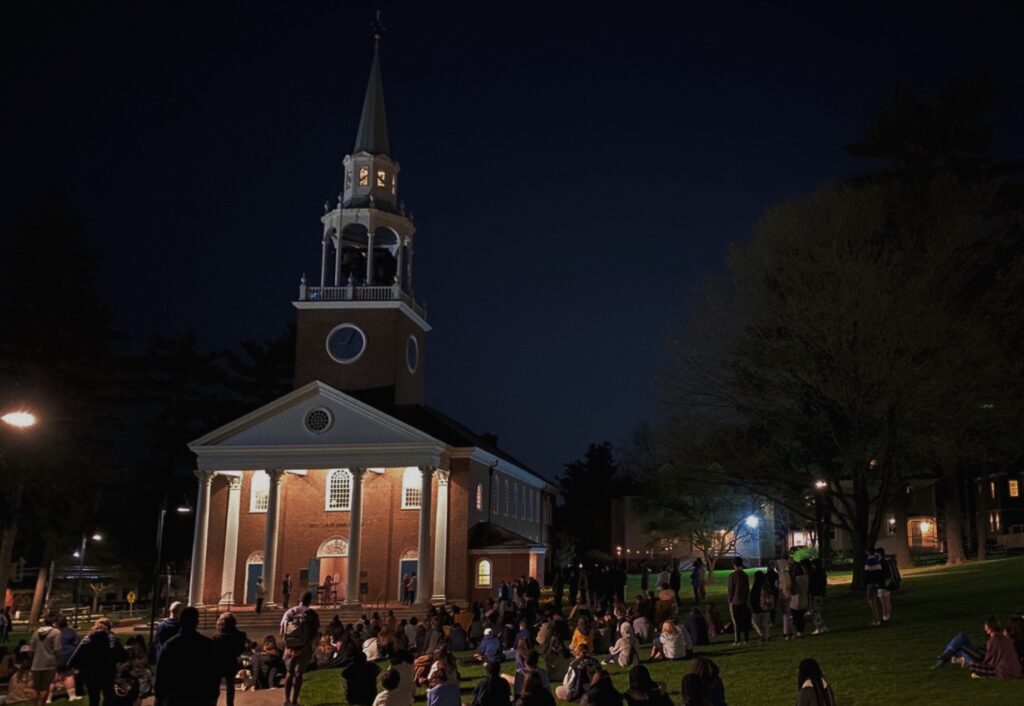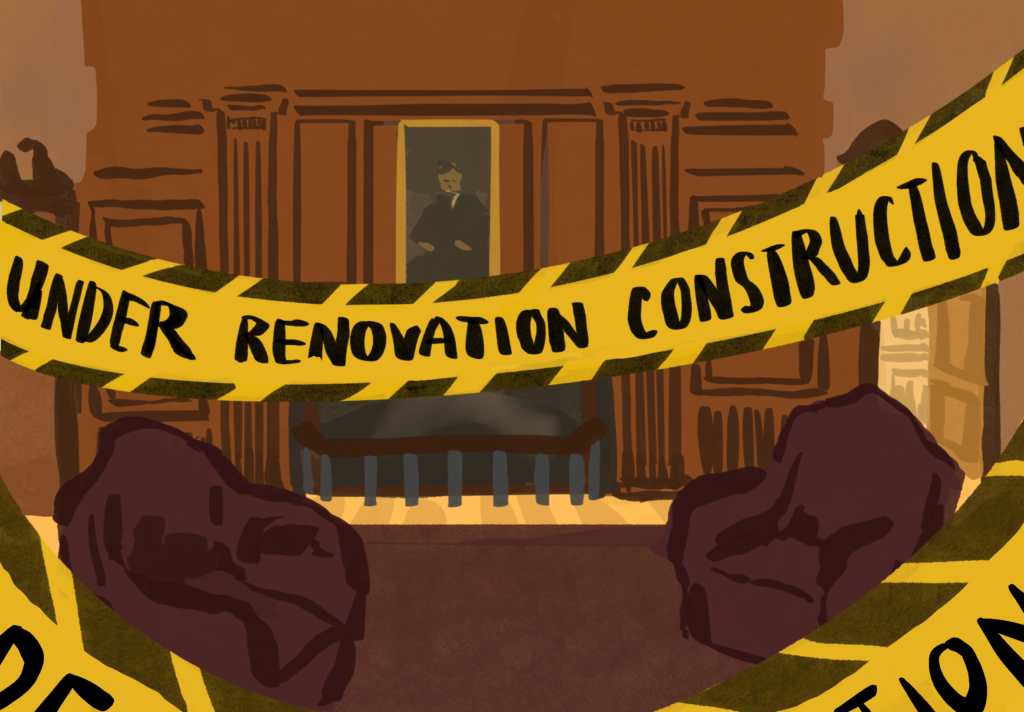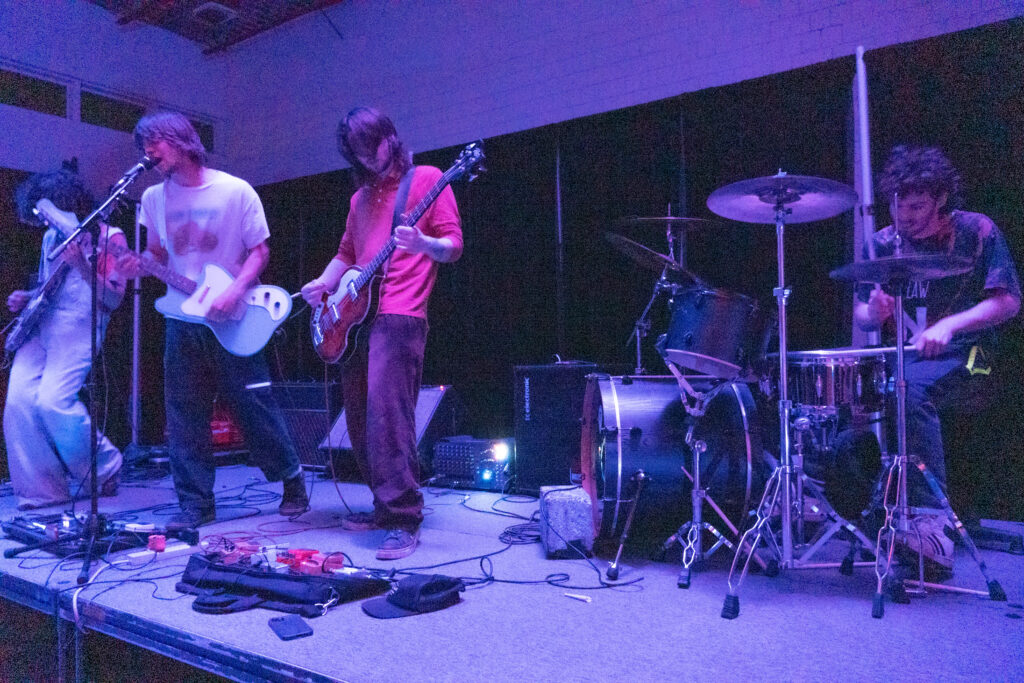
On Tuesday, April 20, the world watched with bated breath as the verdict in the trial of former Minneapolis police officer Derek Chauvin was announced. A diverse jury — including an equal number of Black and white adults — declared Chauvin guilty of second-degree murder, third-degree murder, and second-degree manslaughter, for last year’s killing of George Floyd. On campus, tears of relief flowed, loved ones embraced, and triumphant songs of Black power rang out.
The verdict marked the end of a year of tumult following Floyd’s murder on May 25, 2020. “I didn’t realize how much I was holding my breath, watching and waiting for the verdict. I felt a sense of relief come over me when the judge declared Derek Chauvin guilty,” said Ms. Brianne Ellis, the Associate Director of Admission and Multicultural Recruitment.
Adama Sowe ’23 had a different reaction. “When the verdict first came out, I didn’t feel anything,” she said. “All I could think about was how this should have been the bare minimum for African-American lives in America.”
On the evening the verdict was announced, approximately 200 Choate community members, including both students and faculty, attended a “celebration of life and justice” on the lawn in front of St. John Chapel. The event began with words from Director of Spiritual Life Reverend Aaron Rathbun and continued with statements from Director of Equity and Inclusion Dr. Rachel Myers and other faculty members.
After the faculty speeches, the microphone was opened to students. Sowe was one of the students who decided to speak. “For a split second, it felt as though the era of oppression would never end and I needed someone to tell me that it will be over. If I needed the love and support, so did every other person of color here at Choate. I just said what I wanted to hear because no one else was going to say it for me. I said it for my friends, family, ancestors, and George Floyd,” said Sowe.
Following the cancellation of classes the next day, programming and other resources were offered to the Choate community. Starting at 12:00 p.m., programming included Black, white, and BIPOC affinity spaces, a community art project, guided prayers, poem recitations, and a reflective hike. This lineup came out of suggestions that the Equity and Inclusion Office received from student leaders on camus.
“About a week before the results came out, I met with students to try to anticipate — if this happens, what would you need, what would you want?,” explained Associate Director of Equity and Inclusion Mr. Filipe Camarotti. He shared those suggestions with the School’s Current Events Resource Group, which ultimately designed the day’s programming.
Mr. Camarotti, who joined a BIPOC affinity space, found the day “productive.” “I think I needed to process with people,” he said. “I realized that there was a lot I was just holding in.”
Sarah Markley ’23, who attended the white allyship workshop, said, “It was interesting to hear how other white students are using their privilege to support Black people and fight against racism in America.” She continued, “I learned many effective ways to fight racism as a white ally in my community, both at Choate and at home.”
Although many students were relieved by the verdict, they acknowledged that Chauvin’s conviction is a small victory in a larger fight. Patrick Finnerty ’21 said, “The trial set a precedent in that cases like these are finally being performed as they should be. Hopefully, there will continue to be awareness around cases of police brutality in ensuring diverse representation among juries and other forms of the judicial process that should be normal but all too often aren’t.”



